By: Haya Sultan
Composting is like a magic trick that turns your food scraps into super-powerful soil! It’s not just for gardeners, though – it’s a cool way to cut down on waste and give your plants a serious boost. Plus, you’ll feel like a total eco-warrior!
Why should I? Wrong question.
Why shouldn’t I? Bingo.
Did you know that EEA estimated 180KG of food wasted per person each year? Crazy, right? And when that food waste sits in landfills, it releases a gas called methane, which is a big contributor to climate change. But if you compost your food waste, you can stop that methane from forming and reduce your carbon footprint. Plus, the compost you create can be used to help plants grow and absorb carbon from the atmosphere, which is a win-win for you and the planet!
How to Compost Food Waste?
Here’s a simplified guide on how to compost food waste:
-
- Choose a Composting Method
There are several composting methods to choose from, including:
-
- Outdoor Composting: This involves creating a compost pile or bin in your yard.
-
- Indoor Composting: This involves using a worm bin to compost food waste inside your home.
-
- Indoor Composting: This involves using a worm bin to compost food waste inside your home.
-
- Collect Food Waste
Collect food waste in a compost container. You can use a small bucket or bin with a lid to collect food waste inside your home. Collect food waste such as fruit and vegetable scraps, coffee grounds, tea bags, eggshells, and nutshells.
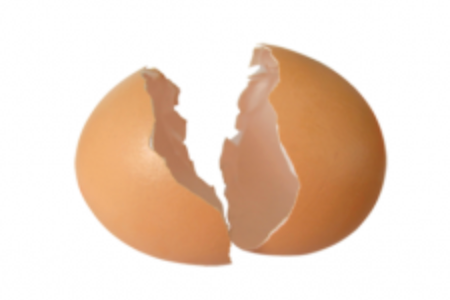
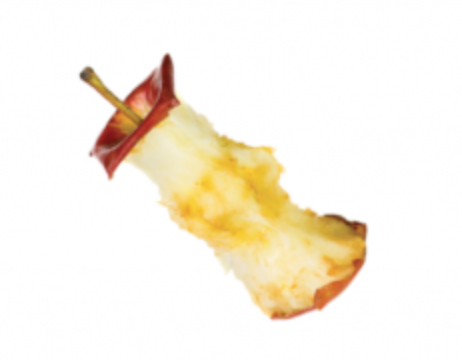
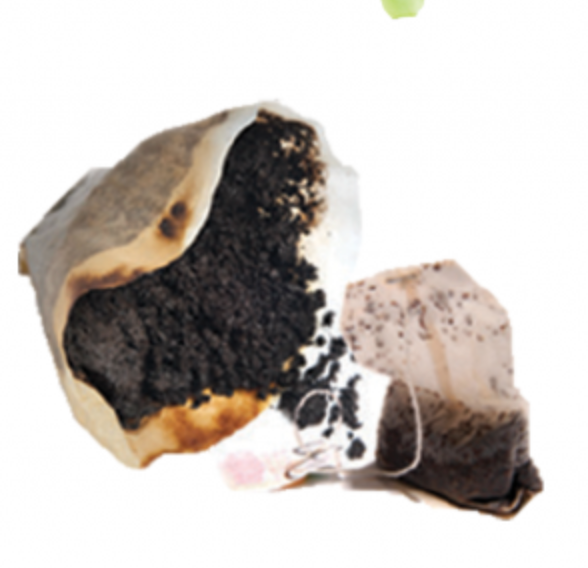
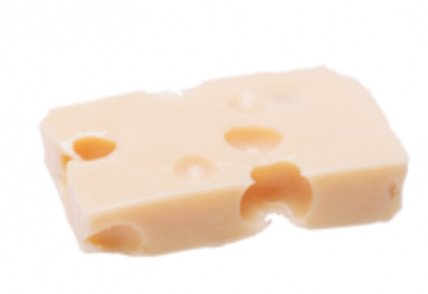
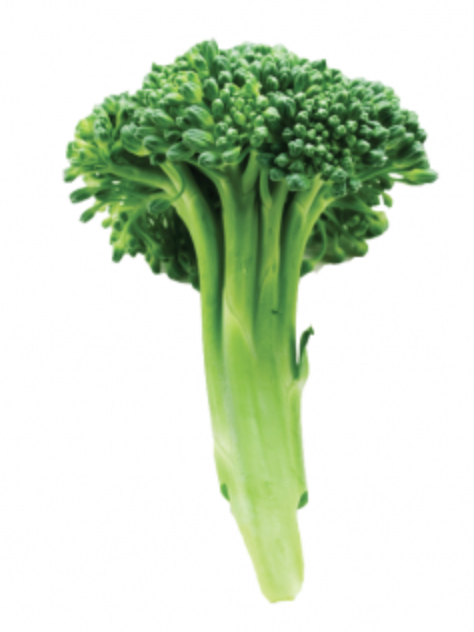
-
- Add Brown Materials
Composting requires a balance of brown materials, such as dried leaves or shredded newspaper, and green materials, such as food waste. Add a layer of brown materials to your compost bin after adding food waste.
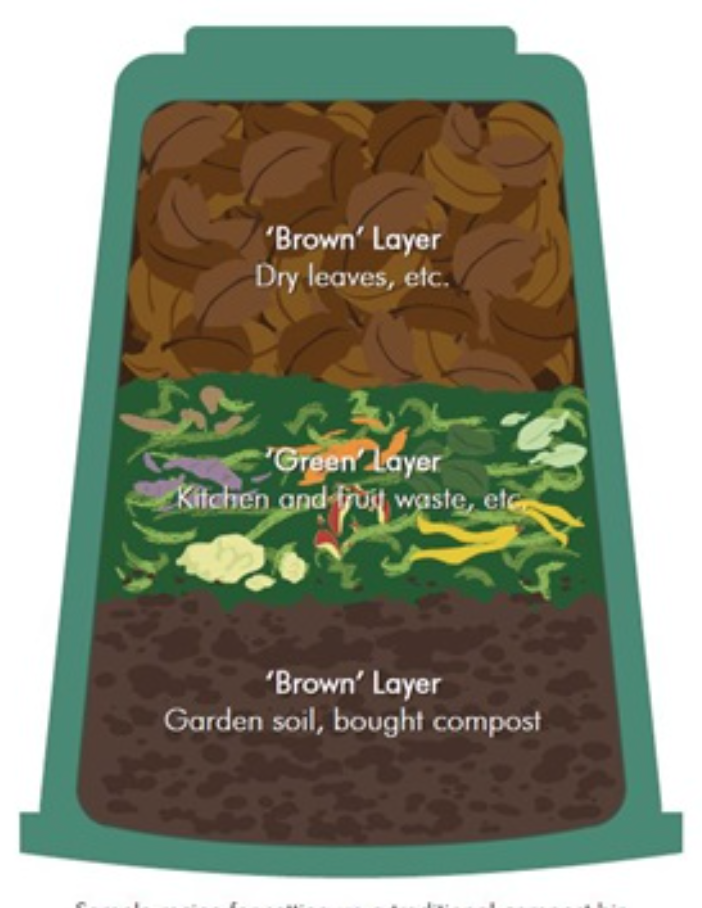
-
- Turn the Compost
To ensure even decomposition, turn the compost pile every few weeks. This will help mix the brown and green materials and add oxygen to the pile, which is essential for decomposition.
-
- Harvest the Compost
Once the compost has turned into a dark, crumbly soil, it’s ready to be harvested. You can use the compost as a nutrient-rich soil amendment for your garden.
Here are some tips to help you successfully compost food waste:
-
- Avoid adding meat, dairy, or oily foods to your compost pile, because they can attract pests and slow down the composting process and we definitely don’t want that.
-
- Keep your compost pile moist but not too wet. If the pile becomes too wet, it can slow down the decomposition process and create a bad smell.
-
- Don’t get your hands dirty! Use a pitchfork or shovel to turn the compost pile to avoid harmful bacteria .
Reference list
-
- Caring for plants: Composting (2021) National Parks Board. Available at: https://www.nparks.gov.sg/gardening/gardening-resources/caring-for-plants/composting (Accessed: April 9th, 2023).
-
- Curbside services: Compost Cart (no date) Zero Waste Sonoma. Available at: https://zerowastesonoma.gov/recycle-dispose/residents/curbside-organics (Accessed: April 8th, 2023).
-
- Food waste (2023) European Environment Agency. Available at: https://www.eea.europa.eu/signals/signals-2012/close-ups/food-waste (Accessed: April 7th, 2023).
-
- Simon, J. (2022) Composting can help fight climate change. get started in 5 easy steps, NPR. NPR. Available at: https://www.npr.org/2020/04/07/828918397/how-to-compost-at-home (Accessed: April 7th, 2023).
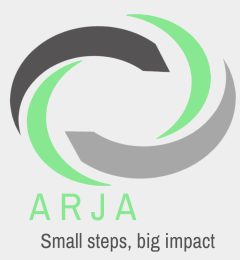
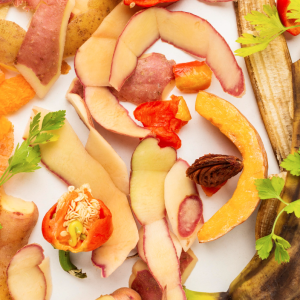
What is the kind of material to be used for indoor composting containers ? Any advice ?
Hi there! When it comes to choosing a material for your indoor composting container, we recommend options such as ceramic, stainless steel, plastic, or bamboo. These materials are all durable, easy to clean, and won’t leach harmful chemicals into your compost. No matter which material you choose, we encourage you to start composting today! Thank you for visiting our website and learning more about indoor composting. If you have any questions or need more information, please don’t hesitate to contact us. We’re always happy to help!